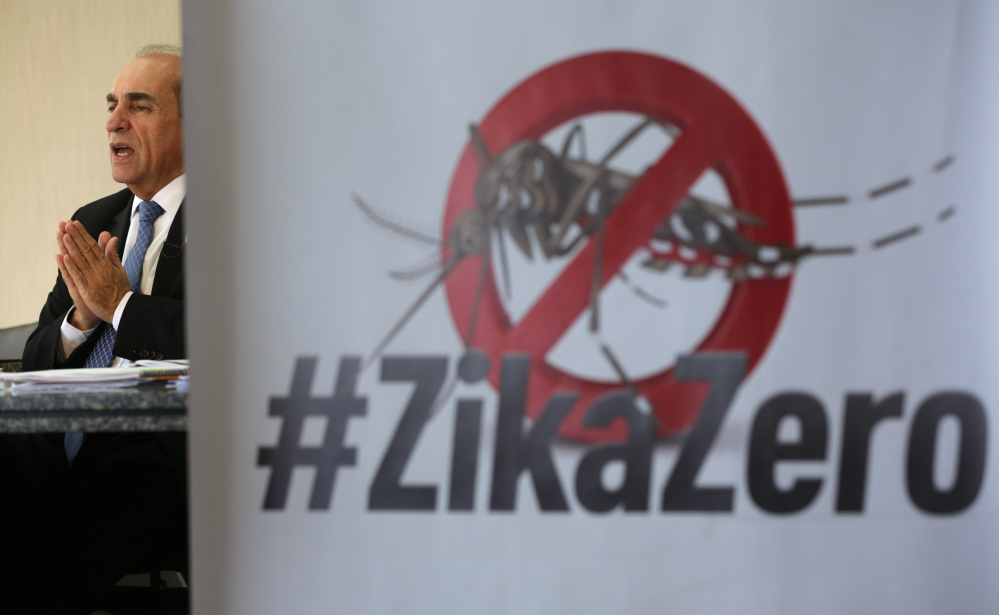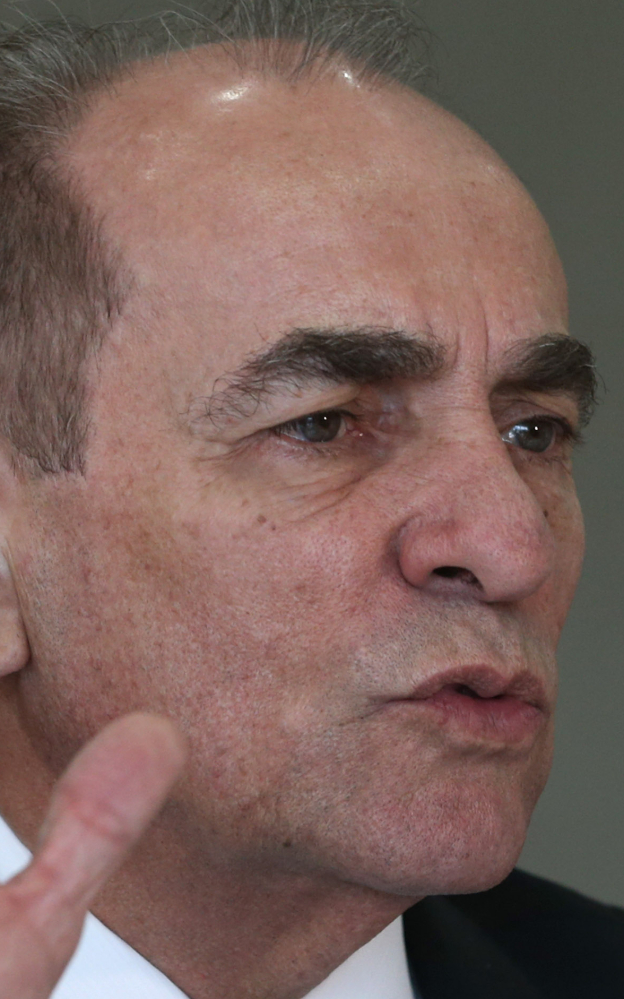BRASILIA, Brazil — Brazil’s health minister said Friday that authorities were “absolutely sure” that the Zika virus is connected to devastating birth defects and rejected criticism that the government was slow to investigate the surge of cases that set off international alarms.
Marcelo Castro made the remarks during an interview with The Associated Press in Brazil’s capital. He spoke a day before tens of thousands of soldiers and health inspectors were to take to the streets in an unprecedented drive to encourage residents to be vigilant for mosquito breeding sites. The goal: visit 3 million homes in more than 350 cities.
Brazil is at the epicenter of a mosquito-borne virus that has been linked to rare birth defects known as microcephaly. The U.S. Centers for Disease Control and Prevention has warned pregnant women to avoid traveling to more than two dozen countries and territories in the Americas where active outbreaks are taking place.
Although the link has not been scientifically proven and myriad questions remain, Castro said the half-year gap between the virus outbreak in South America’s largest country and the spike in reported cases of microcephaly was not a coincidence.
“We are absolutely sure of the causal relationship between microcephaly and Zika,” he said, adding that government researchers were unanimous in their assessment: “It has nothing to do with the environment, nothing to do with race, nothing to do with gender.”
Clinical and preliminary laboratory evidence has shown that many mothers of children with microcephaly were infected with Zika during their pregnancies. Castro said more research was needed to determine whether additional factors may have also played a role in the spike of birth defects.
Traditionally, Brazil had reported about 150 such cases of microcephaly a year. Since October, 462 cases have been confirmed, and 41 have been connected to Zika.
Copy the Story LinkSend questions/comments to the editors.




Success. Please wait for the page to reload. If the page does not reload within 5 seconds, please refresh the page.
Enter your email and password to access comments.
Hi, to comment on stories you must . This profile is in addition to your subscription and website login.
Already have a commenting profile? .
Invalid username/password.
Please check your email to confirm and complete your registration.
Only subscribers are eligible to post comments. Please subscribe or login first for digital access. Here’s why.
Use the form below to reset your password. When you've submitted your account email, we will send an email with a reset code.